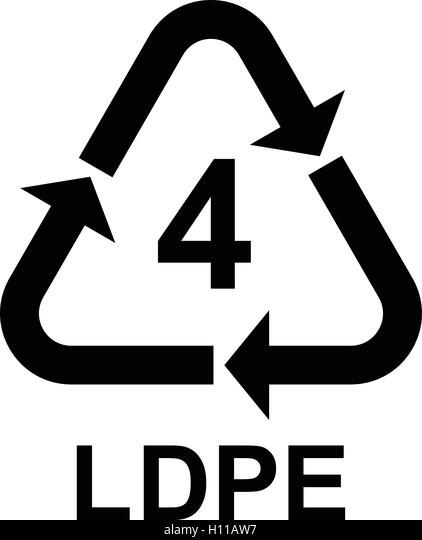Exp. 6: Plastics and Polymers
5.0(1)
5.0(1)
New
Card Sorting
1/23
Earn XP
Study Analytics
Name | Mastery | Learn | Test | Matching | Spaced |
|---|
No study sessions yet.
24 Terms
1
New cards
plastic can be recycle or reuse.
What does the chasing arrows with numbers mean?
2
New cards
code, type, name, chemical structure, description, examples
Categories of plastics
3
New cards
polyethylene, nylon, polyvinyl chloride, polycarbonate, polystyrene and silicone rubber
Some of the common and familiar polymers are
4
New cards
Polyethylene teraphthalate (PETE)
\

5
New cards
Polyvinyl chloride (PVC)

6
New cards
High-density polyethylene (HDPE)

7
New cards
Low-density polyethylene (LDPE)

8
New cards
Polypropylene (PP)

9
New cards
Polystyrene (PS)

10
New cards
Multilayer plastics

11
New cards
Usually clear or green, rigid
PETE (Polyethelene terephthalate) Description
12
New cards
Semi-rigid
HDPE (High-density polyethylene) Description
13
New cards
Semi-rigid
PVC (Polyvinyl chloride) Description
14
New cards
Flexible, not crinkly
LDPE (Low-Density Polyethylene) Description
15
New cards
Semi-rigid
PP (Polypropylene) Description
16
New cards
Often Brittle
PS (Polystyrene) Description
17
New cards
Squeezable
Other (Multilayer plastics) Description
18
New cards
PETE or Polyethylene Terephthalate
one of the most commonly used plastics in consumer products, and is found in most water and pop bottles.
19
New cards
PETE or Polyethylene Terephthalate
It is intended for single use applications; repeated use increases the risk of leaching and bacterial growth.
20
New cards
PETE or Polyethylene Terephthalate
PETE or Polyethylene Terephthalate
is difficult to decontaminate, and proper cleaning requires harmful chemicals.
is difficult to decontaminate, and proper cleaning requires harmful chemicals.
21
New cards
PETE or Polyethylene Terephthalate
and may leach carcinogens.
and may leach carcinogens.
22
New cards
PETE or Polyethylene Terephthalate
Releases endocrine disrupting chemicals like acetaldehyde over time, as well as toxic antimony, use once only.
23
New cards
should be recycled but not reused
Are PETE plastics recyclable? or reused?
24
New cards
HDPE or High-Density Polyethylene
is the most commonly recycled plastic and is considered one of the safest forms of plastic.